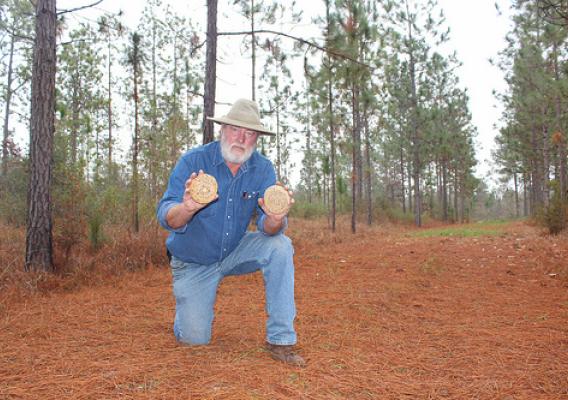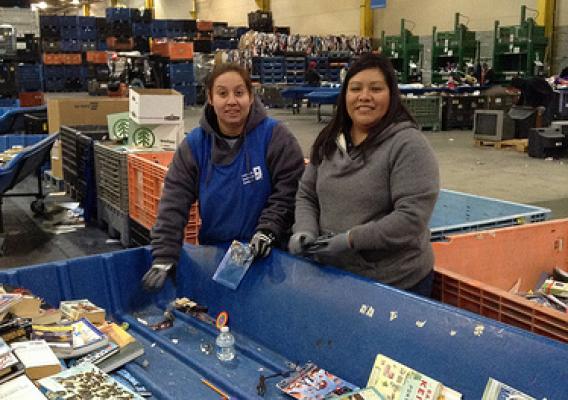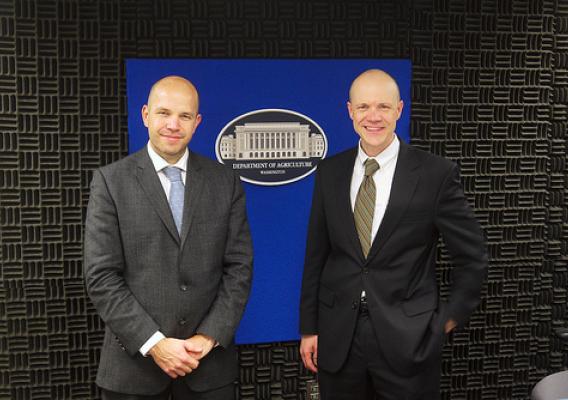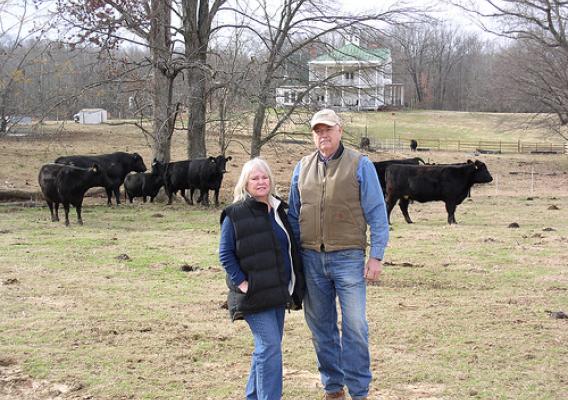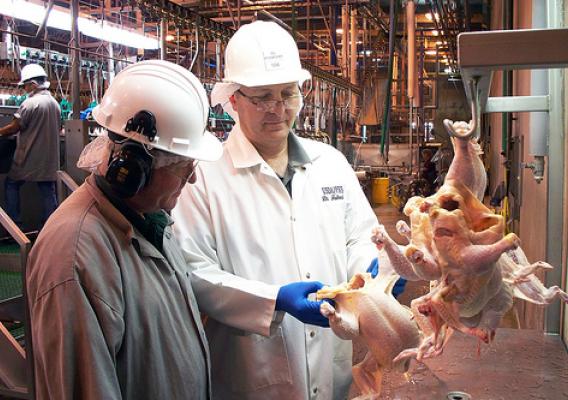In a 1957 sermon, Dr. Martin Luther King, Jr., challenged the congregation, asking: “Life's most persistent and urgent question is: 'What are you doing for others?’ ”
Throughout his lifetime, Dr. King was passionately committed to community and service. On January 21st, USDA Rural Development is proud to join with Americans from all walks of life to honor Dr. King’s legacy through a National Day of Service. The Day of Service — a “day on, not a day off” — is part of United We Serve, President Obama's national call to service initiative.
At USDA Rural Development, “doing for others” is one of our core rural values, and we encourage everyone in our organization to practice Dr. King’s principals of community, volunteerism and service not just on the Day of Service but throughout the year. In Tennessee, the “Volunteer State,” USDA Rural Development employees in the State Office in Nashville helped the hungry over the past year by donating more than 3,800 pounds of food through the USDA Feds Feed Families food drive to the Second Harvest Food Bank of Middle Tennessee. State Office employees also helped the food bank, which provides food to about 600,000 people across 46 counties each year, to sort food items for easier distribution.

